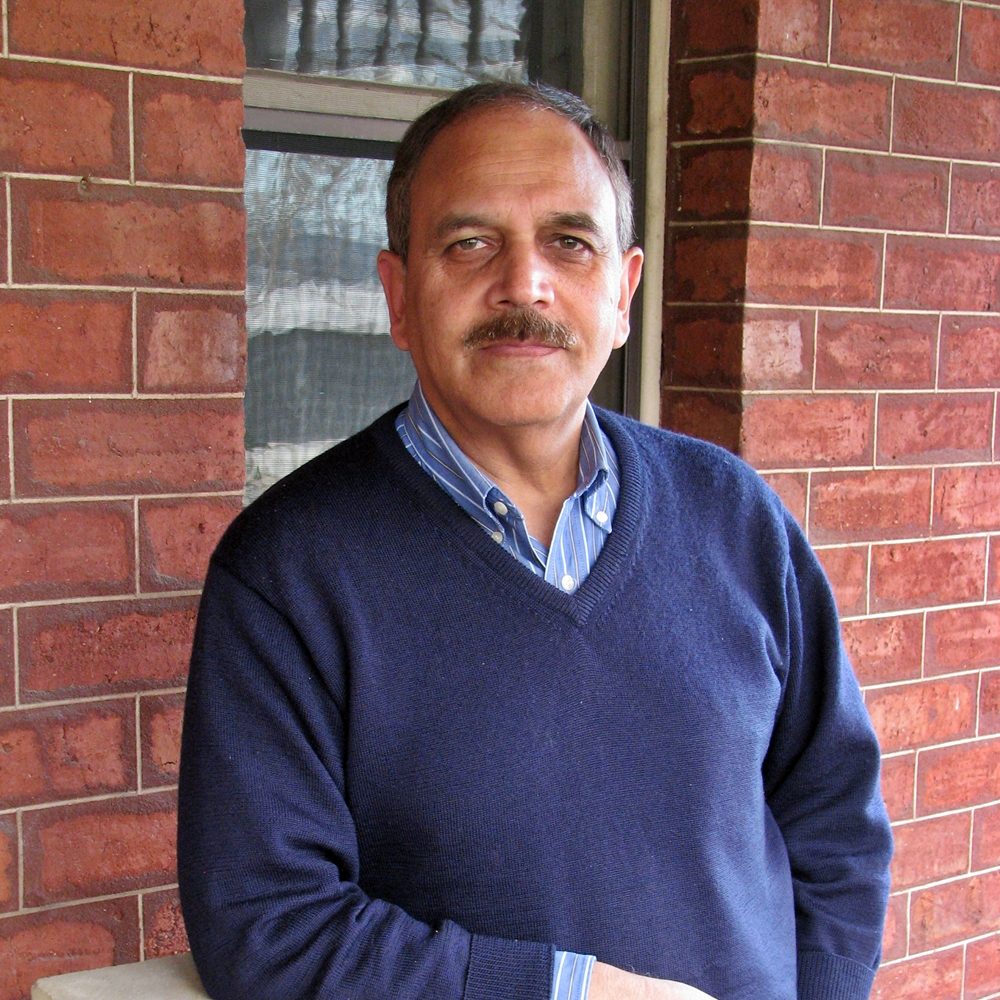Deepawali, also known as Diwali, is perhaps the greatest export of India, the entire world celebrates it for what it represents. This Deepawali day has come at a time when the human world is virtually torn apart with present and impending military and trade wars, social and socio-political distrust, and extreme political polarities.
This Deepawali serves us with a notice as a reminder and, perhaps, as our last opportunity to transcend our religious, national and ethnic divides, come together as one human race, bridge the obvious social gaps amongst us and connect the human hearts across the humanity, so that we humans survive through our several existential threats that are very much beyond our control, and not finish one another long before the inevitable finally happens.
Like a candle illuminates the full space around it, without bias, let those hundreds of lamps and candles that we light at our homes on the Deepawali day inspire us to wish well and do good deeds for all humans, in equal measure and without discrimination.
Deepawali is much more than material wealth or prosperity, as commonly misunderstood, as these, or the hedonic happiness therefrom, don’t necessarily bring deep fulfillment or holistic wellness. Material wealth is extremely temperamental and needs a high discipline and great self-control for keeping a mental balance and spiritual stability. Deepawali is more about the enlightenment of the soul, about empathy and the care for the weak and the poor, about education of the ignorant, about illumination of the world with peace and working for the common good. On an individual level, it is about being a noble human being and brightening up the lives of those around us.
Known and celebrated internationally as the Festival of Lights, Deepawali is celebrated in India for several reasons, reflecting a diverse cultural significance of this auspicious festival in the land of its origin.
During several days of intense preparations before the festival, with great fervour and excitement, people clean their homes, repaint and renovate their houses, and decorate them with electric lights, wax candles and earthen diyas (lamps). Children and adults enjoy burning sparklers and bursting loud firecrackers. People relish cooking and eating a wide variety of traditional Indian sweets and also distributing them amongst their relatives and neighbours.
Hindus, Jains and the Sikhs celebrate this auspicious day for different religious and spiritual reasons, which, in essence, translates into celebrating the triumph of knowledge (and the humility) over ignorance (and the arrogance), which figuratively means the victory of light (the good) over darkness (the bad, evil). Deepawali also marks the end and beginning of the harvest season in many regions of India.
The Hindus celebrate Deepawali to celebrate several events:
- Return of Lord Rama (believed to be born in 5114 BCE) to Ayodhya, from his 14-year exile, after defeating and killing Ravana, the demon king of Lanka, and releasing his consort, Devi Sita, from his captivity.
- Victory of Lord Krishna (believed to be born in 3229 BCE) over the demon Narakasur.
- Birth of Goddess Lakshmi, the goddess of wealth, and her marriage to Lord Vishnu.
The Jains celebrate Deepawali to celebrate the Nirvana (Moksha) of Lord Mahavira, the founder of the present-day Jainism, believed to have been attended by many gods who illuminated the dark day of Amavasya when it happened. On the following night, people illuminated their houses in his honour and remembrance. In the Harivamsha Purana, written by Acharya Jinasena, Deepawali is referred to also as dipalika (splendour of lamps). Note: The term ‘Moksha’ means liberation of the soul and, according to the Jains, is the prime objective of the soul, to attain its true and fundamental nature, and experience infinite happiness, infinite knowledge, and infinite perception.
The Sikhs celebrate Diwali to mark the return of the sixth Sikh Guru, Guru Hargobind Ji, in 1619 CE, and the liberation of 52 princes, from the Gwalior Fort of the Mughals. The Sikhs mark the day as the Bandi Chhor Divas (the ‘Day of Liberation’). Note: Guru Hargobind Ji became the sixth Sikh Guru at a tender of 11 years, in 1606, after the martyrdom of his father, Guru Arjan Dev Ji, who was tortured to death by Mughal Emperor Jahangir.
Deepawali is also associated with the harvesting season in many parts of India.
With Deepawali just a few sleeps away, let us remember those who left us over the last year and cherish those who are still around us. Let us illuminate our heart and brighten up the lives of those around us at home and at our workplaces.
Happy Deepawali!
Bill K Koul, Perth, Western Australia (19 October 2025)
Copyright Bill K Koul
